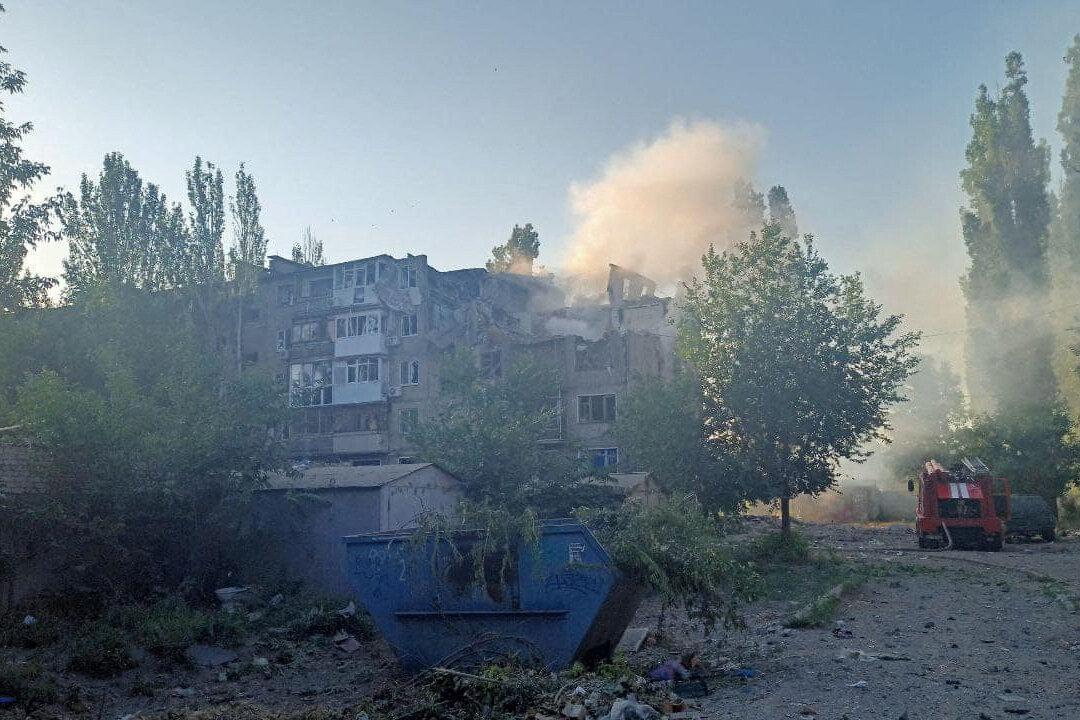KYIV—Russian forces struck targets in the Mykolaiv region of southern Ukraine on Wednesday and intensified attacks on fronts across the country as NATO members met in Madrid to plan a course of action against the challenge from Moscow.
Ukrainian President Volodymyr Zelenskyy told the NATO leaders his country needed more weapons and money to defend itself against Russia, warning that Moscow’s ambitions did not stop at Ukraine.





